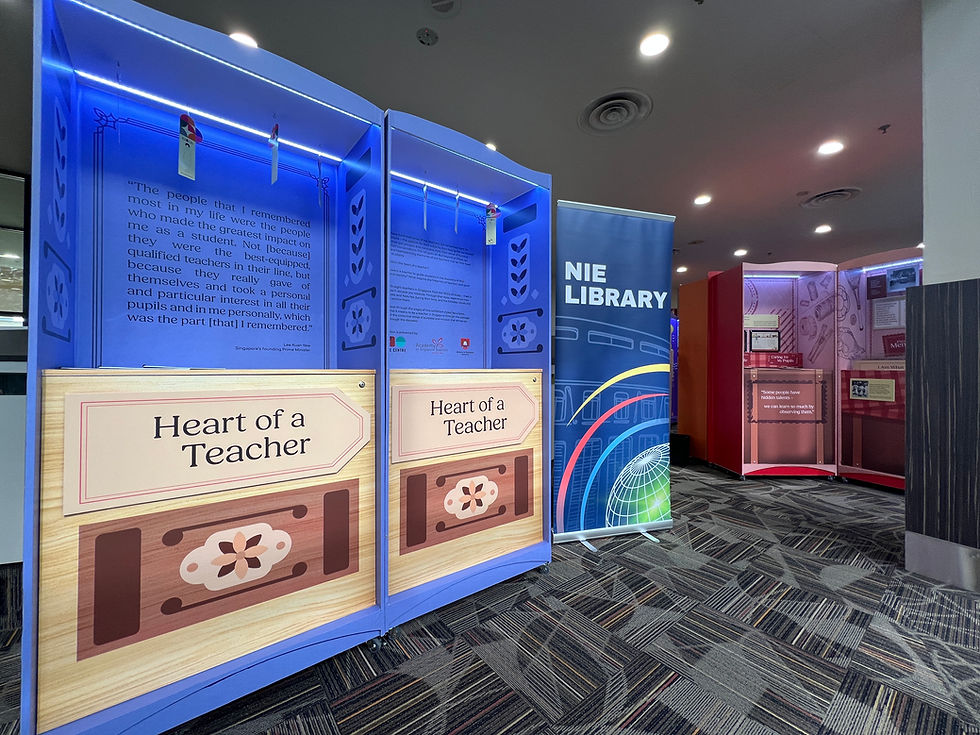Recommended Reads
- Yvonne Yin
- Nov 24, 2023
- 2 min read

Title: Alexandra Woodland: Haven Along the Rail Corridor
Editors: Ho Hua Chew and Teresa Teo Guttensohn
No. of pages: 156
Call No.: QH77.S55 Ale
In this book, the editors painstakingly make their case for the conservation of Alexandra Woodland, documenting the ecological value of this small area of hitherto untouched woodland and interviewing the residents of Jalan Hang Jebat and Warwick Road, two roads in the vicinity.
They make quite a compelling case, and their urgency can also be sensed as they strive to point out what would be lost if the Woodland were to be cleared to make way for a new road.
Highly recommended for readers with an interest in the environment.

Title: A.L.I.E.N. Thinking: The Unconventional Path to Breakthrough Ideas
Authors: Cyril Bouquet, Jean-Louis Barsoux and Michael Wade
No. of pages: 292
Call No.: BF410 Bou
How an employee (inadvertently) brought down his own company … by inventing the digital camera. Amazon’s Kindle versus the Sony Portable Reader. What is that funny-looking prosthetic blade that looks nothing like a human foot?
The authors, all professors at the Institute of Management Development (IMD) in Lausanne, Switzerland, detail the backgrounds behind the breakthroughs and develop an accompanying framework A.L.I.E.N. (Attention – Levitation – Imagination – Experimentation – Navigation) to promote innovation.
Ideas may come in a flash, but the road to implementation takes considerably longer, and the A.L.I.E.N. path provides a structured way for budding disruptors and innovators to make that first breakthrough.

Title: Our Singapore River
Authors: Tina Sim; Alan Bay (illustrator)
No. of pages: 159
Call No.: DS610.4 Sim
A little boy is initially reluctant to go with his grandfather, a former coolie, to the “hot and smelly” Singapore River, but shows sudden enthusiasm when faced with the prospect of doing maths assessment papers instead. At the Singapore River, a whole new world is opened up before his wondering eyes as his grandpa relates the hard, dangerous work of the coolies, the many different kinds of boats that used to ply the harbour, where the goods were stored and why Singapore so quickly became the “Emporium of the East”.
This book should appeal to upper primary school children (and their social studies teachers, too).




Comments